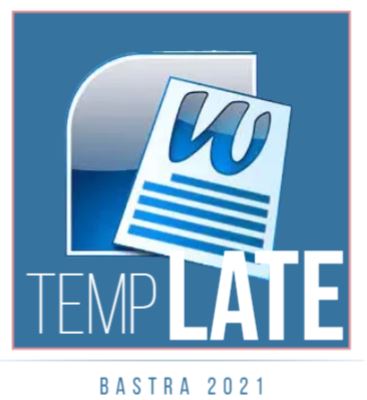SULUK SYEIKH MAJNUN (NILAI SUFISTIK DALAM TRADISI KLASIK PESISIRAN)
Keywords:
value, mystical, aesthetics, Suluk Syeikh MajenunAbstract
This study aimed to describe the mystical values found in the classical manuscript of "Suluk Sheikh Majnun", which were classified as mystical manuscripts of coastal Javanese literature. The research method is executed with a descriptive qualitative approach. Besides that this study also employed the objective and aesthetic approach. Objective approach is grounded in the text and is not connected to the other aspects that are outside the text. Specifically, the aesthetic approach used in this study was the aesthetic of Al Ghazali mystic. Mystical aesthetics associated with achieving the essentials happiness. The data of this research was written data. Data is written in the form of guru gatra, guru wilangan, guru lagu, words, and sentences that reflect the structure of the text, the mystical values of the text, and functions of the text contained within the object of research. The values contained in Suluk Sufi Sheikh Majnun include; (1) al imaanu (faith), (2) al taubatu (consciousness), (3) al shabru (patience), (4) al zuhdu (asceticism), (5) al ikhlaasu (sincerity), (6) al tawakkalu (resignation), (7) al mahabbatu (love), (8) al kamalu (perfection) (9) al ma'rifatu (knowing), and (10) al ridla (willingness). The values in Suluk Sheikh Majnun are the beauty of the Allah swt, the Almighty God’s, characters, which show His love and affection.
Downloads
Published
How to Cite
Issue
Section
License
Authors who publish with PENTAS agree to the following terms:
Authors retain copyright and grant the Engagement right of first publication with the work simultaneously licensed under a Creative Commons Attribution License (CC BY-SA 4.0) that allows others to share (copy and redistribute the material in any medium or format) and adapt (remix, transform, and build upon the material) the work for any purpose, even commercially with an acknowledgement of the work's authorship and initial publication in BASTRA.
Authors are able to enter into separate, additional contractual arrangements for the non-exclusive distribution of the journal's published version of the work (e.g., post it to an institutional repository or publish it in a book), with an acknowledgement of its initial publication in BASTRA.
Authors are permitted and encouraged to post their work online (e.g., in institutional repositories or on their website) prior to and during the submission process, as it can lead to productive exchanges, as well as earlier and greater citation of published work (See The Effect of Open Access).

This work is licensed under a Creative Commons Attribution-ShareAlike 4.0 International License.








